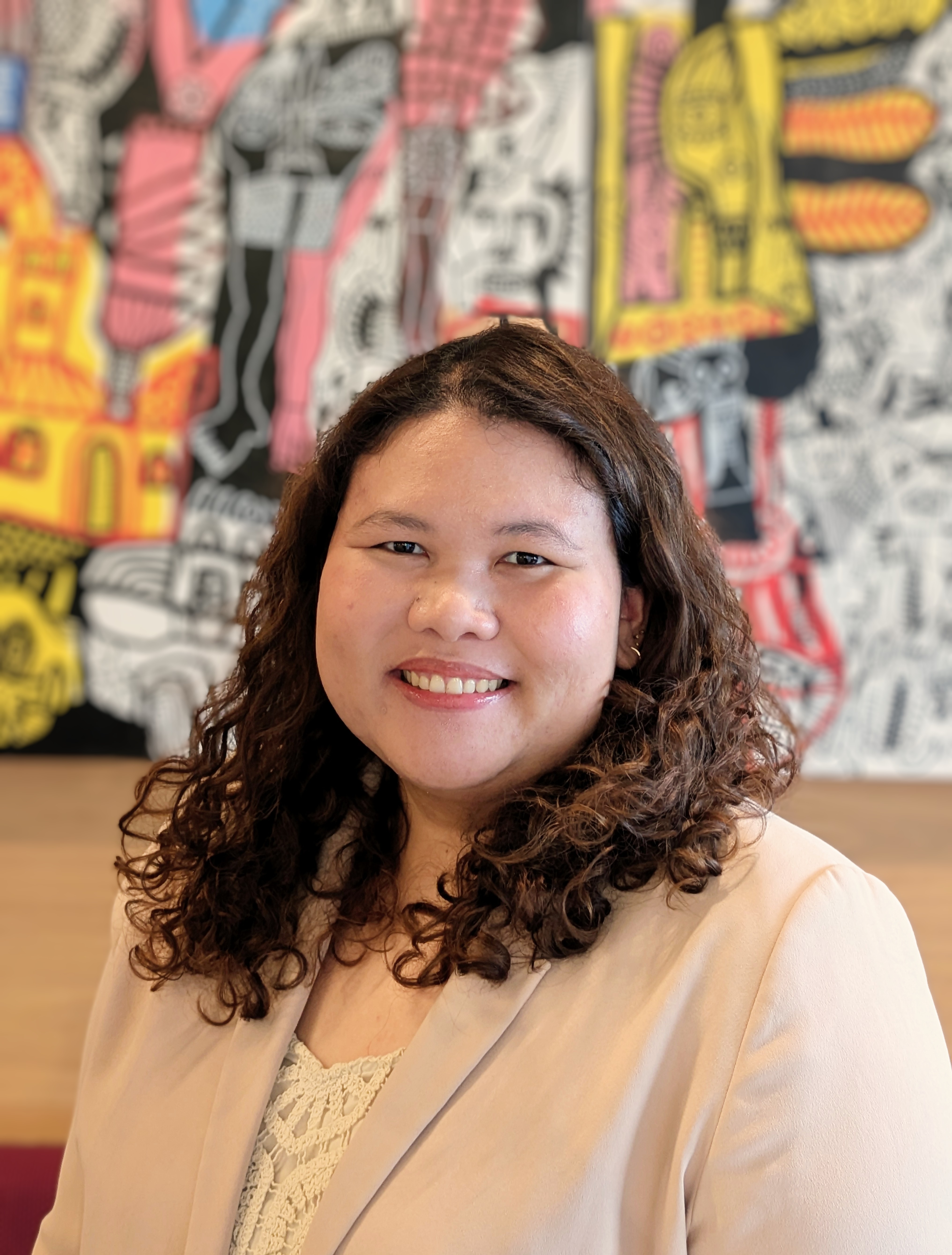EDGS Talk: Farmer Welfare and the Future of Indonesia’s Food Security by Sarah Gultom

On April 14, 2025, Dr. Sarah Gultom, Assistant Professor at the Institute for Advanced Research at Monash University Indonesia and a Visiting Scholar with the Equality Development and Globalization Studies (EDGS)program at Northwestern University, delivered a compelling presentation titled “Farmer Welfare and Indonesia’s Food Security Ambition.” In her talk, Gultom explored the intersection of national food security goals and the often-overlooked well-being of the agricultural workforce that sustains the country’s food supply.
Gultom began by framing the conversation within the ambitious national vision set by Indonesian President Prabowo Subianto. As part of Indonesia’s Golden Vision 2045, the government aims to end imports of key staples such as rice, corn, and salt by the end of 2025 and transform Indonesia into a global agricultural powerhouse. While these goals reflect strong political will and national pride, Gultom underscored a crucial tension: can food self-sufficiency be achieved without elevating the lives of those who produce the food?
Drawing on data from Indonesia’s Central Bureau of Statistics (BPS) and various ministries, Gultom illustrated the structural challenges that farmers face. Though agriculture employs roughly 30% of the labor force and contributes 13% to GDP, nearly 40% of Indonesia’s poor belong to agricultural households. She highlighted troubling statistics around education—75% of farmers have only a primary education—and health, with common ailments ranging from pesticide poisoning to malnutrition. The situation is particularly dire for women, whose contributions are often undervalued despite their dual roles in the household and the fields.
Key government initiatives such as the Food Estate Program and fertilizer subsidies are designed to boost productivity. However, Gultom argued that productivity alone cannot ensure food security if farmers remain economically and socially marginalized. She raised particular concern about the prevalence of intermediaries, or tengkulak, who often exploit smallholder farmers by offering farmgate prices far below market value. For instance, one case study revealed white cabbage farmers receiving just Rp 1,000 per kilogram—roughly six U.S. cents—while market prices in nearby cities were several times higher.
The presentation also reviewed existing social protection mechanisms such as non-cash food assistance (BPNT), credit programs (KUR), and social insurance. Despite these, coverage remains limited. As of 2023, only 10,000 out of approximately 30 million farmers were registered with employment-based social insurance programs.
In her concluding remarks, Gultom emphasized that food security must go hand-in-hand with farmer welfare. National strategies should not only improve productivity but also address farmers’ income, education, healthcare, and social protection. She posed challenging questions for Indonesia’s future: How can it reduce carbon emissions while scaling food production? How can it reduce food loss and waste?
Gultom’s presentation served as a powerful reminder that a nation’s food security is only as strong as the lives of those who cultivate its land.